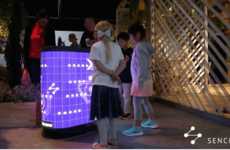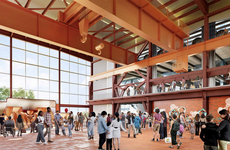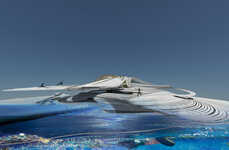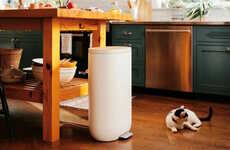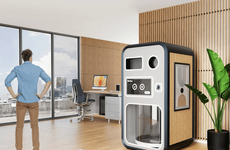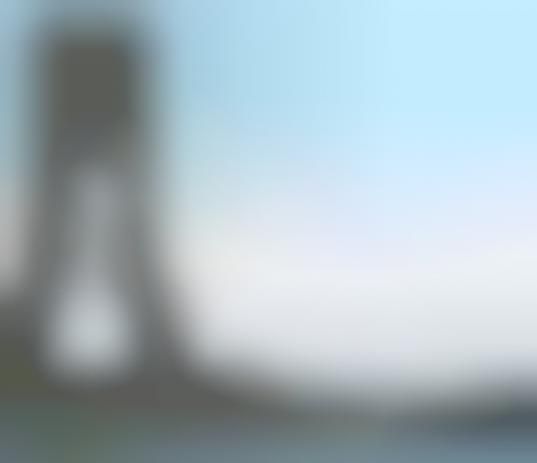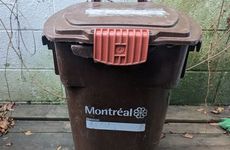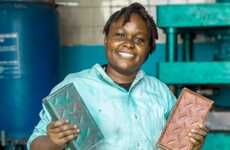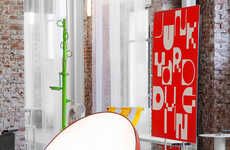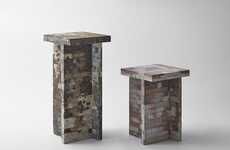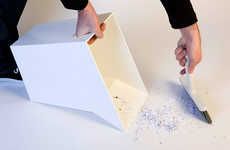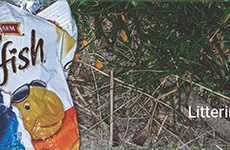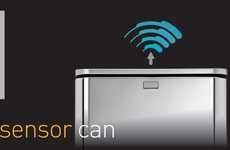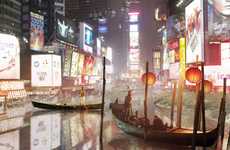
Terreform Lays Out Their Rapid Refuse Project
Brian G Randles — January 30, 2010 — Eco
References: terreform.org
New York City is home to millions of tons of trash. Luckily, it is also home to some of the most innovative and brilliant minds in the world.
Some of the people with those brilliant minds work at architecture firm Terreform, and they have come up with an idea for what to do with all that garbage. The Rapid Refuse Project suggests using robots to create buildings and islands from waste instead of just sending it to landfills. One of the first projects is a reverse Statue of Liberty.
I'm thinking they should call it the 'Statue of Litterty' and then immediately start working on Madison Square Compost Garden.
Check out more pics of the Rapid Refuse Project proposal above.
Some of the people with those brilliant minds work at architecture firm Terreform, and they have come up with an idea for what to do with all that garbage. The Rapid Refuse Project suggests using robots to create buildings and islands from waste instead of just sending it to landfills. One of the first projects is a reverse Statue of Liberty.
I'm thinking they should call it the 'Statue of Litterty' and then immediately start working on Madison Square Compost Garden.
Check out more pics of the Rapid Refuse Project proposal above.
Trend Themes
1. Robotic Waste Utilization - Terreform's Rapid Refuse Project explores the use of robots to repurpose waste into buildings and islands, presenting disruptive innovation opportunities in waste management and construction industries.
2. Upcycled Architecture - Terreform's proposal to create buildings and islands from waste materials opens up opportunities for disruptive innovation in the architecture and urban design industries.
3. Sustainable Waste Solutions - The Rapid Refuse Project's focus on repurposing waste instead of sending it to landfills highlights the potential for disruptive innovation in the waste management industry towards sustainable practices.
Industry Implications
1. Waste Management - Terreform's use of robots and waste repurposing in the Rapid Refuse Project presents disruptive innovation opportunities in the waste management industry towards more sustainable and efficient practices.
2. Construction - The concept of using waste materials to construct buildings and islands, as proposed in Terreform's Rapid Refuse Project, showcases disruptive innovation opportunities in the construction industry for sustainable practices and resource optimization.
3. Architecture - Terreform's exploration of upcycled architecture through the Rapid Refuse Project presents disruptive innovation opportunities in the architecture industry towards creative and sustainable design solutions.
0.3
Score
Popularity
Activity
Freshness

